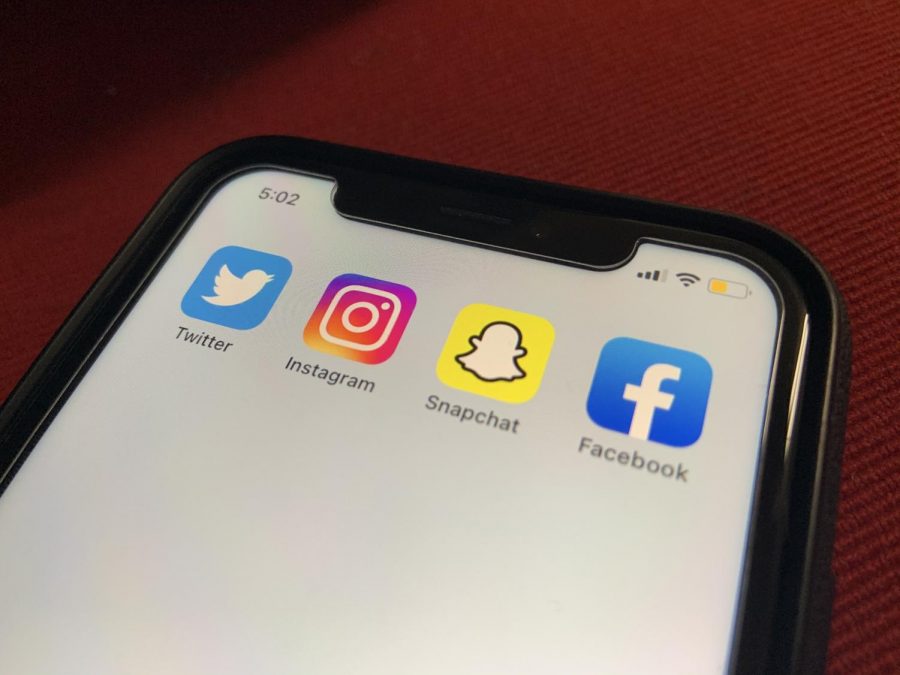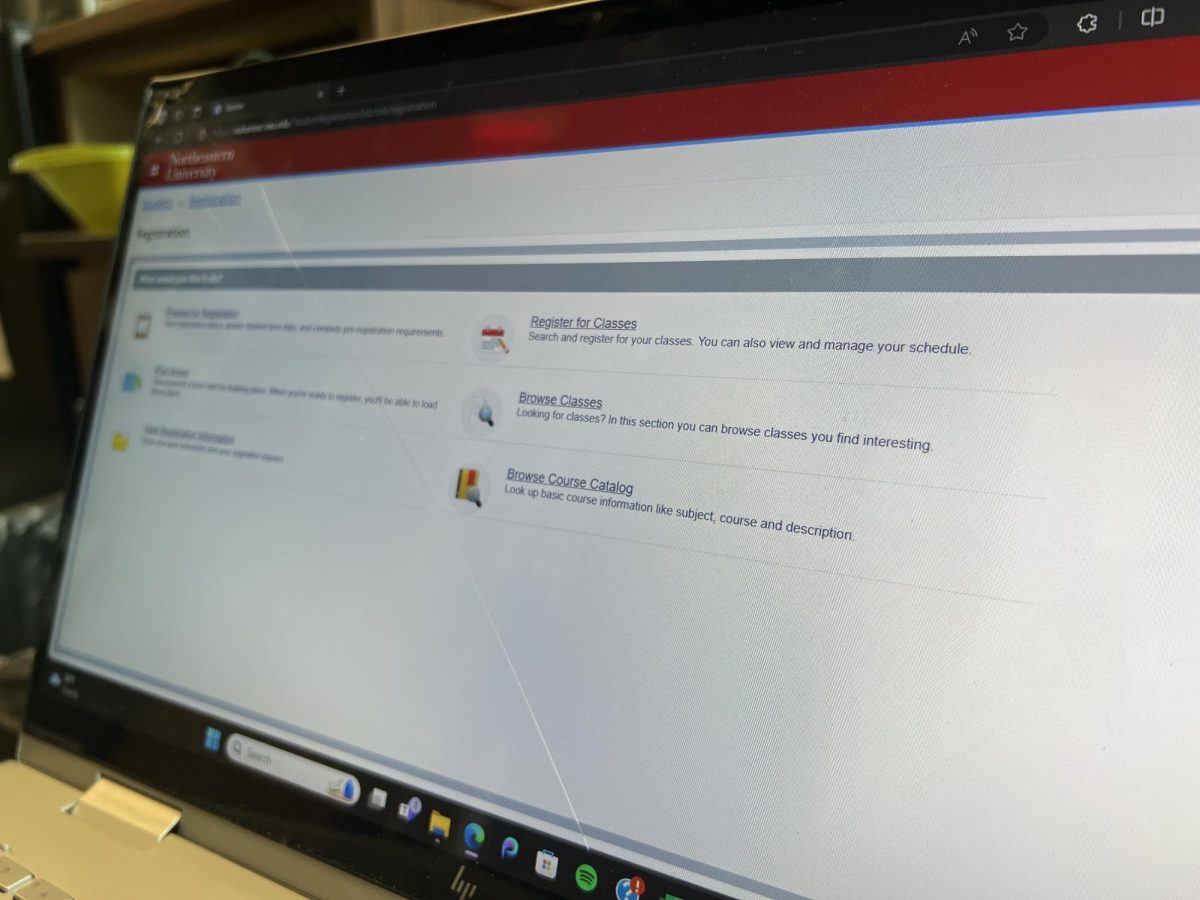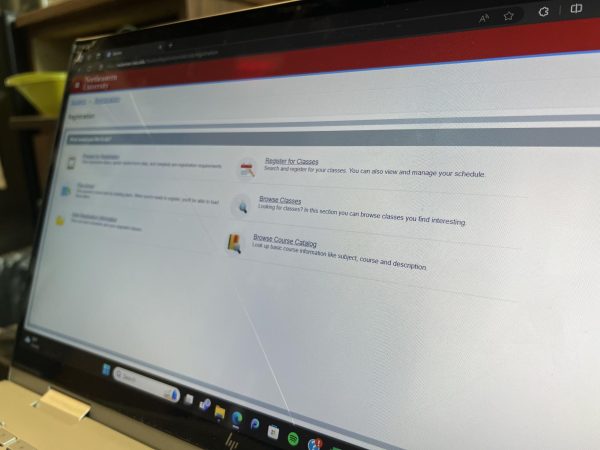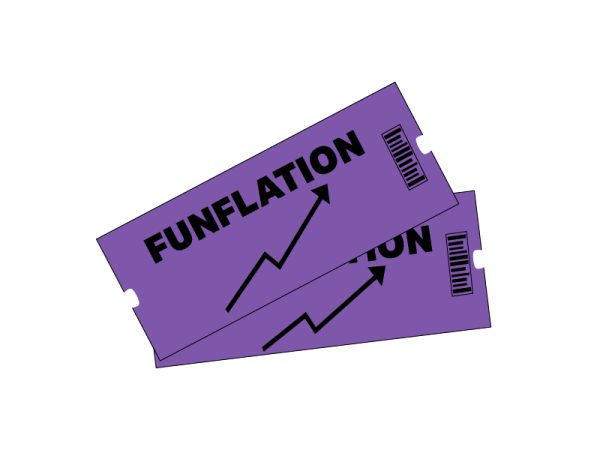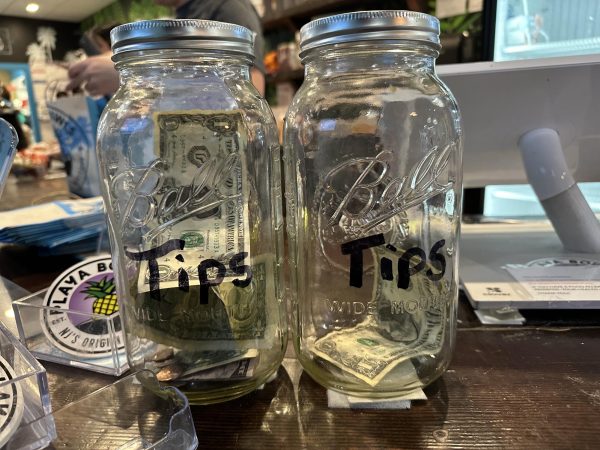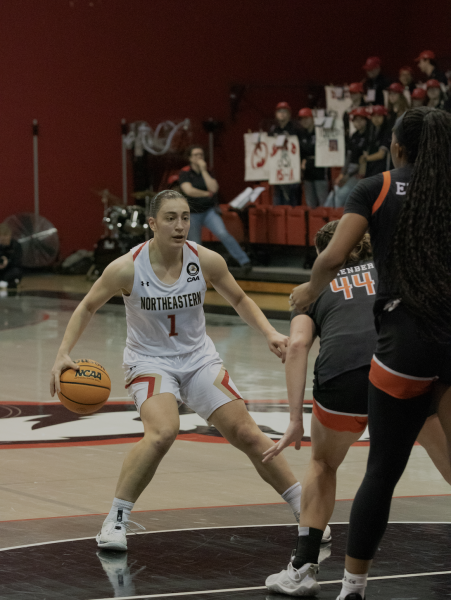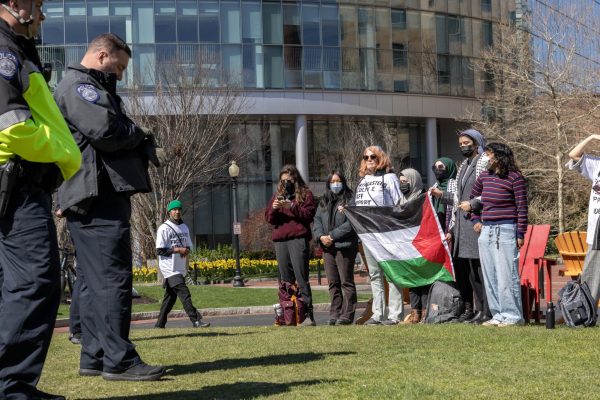Column: Social media influence in a digital age
Social media has become an influential political platform.
December 1, 2020
Social media has become fully integrated into both our lives and society. The rise of social media activism has not just expanded the possibilities for direct communication or activism across international borders, but simultaneously provided a platform for political constituents to directly access their support base.
Though I agree that social media is a fundamental tool for spreading information, it is simultaneously an opportunity for the spread of misinformation and bias. What does this mean for the state of politics? In my opinion, social media is a threat to concrete and coherent political discourse.
Social media in its purest form is not problematic, though it might be addictive. However, since it has become a major platform for political discussion, social media has all the more opportunity to spread false information. One study conducted by Pew Research in 2018 found that at least 68 percent of Americans receive information or news from social media, and another study published in Science magazine found that false news spreads much faster than the truth. The constant stream of posts can also bury the truth under a barrage of irrelevant content.
The study by Pew Research Center also found that Reddit, Twitter and Facebook were the top three sites for news-focused users with 73 percent, 71 percent and 67 percent of users getting their news from these sites, respectively, yet each have their flaws. In the case of Twitter, the character limit makes news easily digestible, but at the same time, it can leave out key information and not provide the bigger picture.
Regardless of the platform and its capabilities, social media has the ability to spread falsehoods like wildfire. One situation that comes to mind is the infamous PizzaGate scandal. Several years ago, before the 2016 presidential election, there was a conspiracy theory that spread like wildfire across the internet that Hillary Clinton and the Democratic party were secretly running a child sex-trafficking ring out of a pizzeria in Washington, D.C. Though it sounds crazy, the theory quickly spread and actually led a gunman to open fire in the restaurant.
Then, consider this past April when President Donald J. Trump suggested the possibility of treating COVID-19 by injecting disinfectant into the body, despite evidence suggesting that consuming or injecting disinfectant can lead to poisoning or even death. In spite of this, Trump’s comments quickly spread over social media and caused increases in poison control calls. New York City saw a higher-than-normal number of poison control calls after Trump’s statement. In just one 18-hour period, 30 cases were reported: Nine reported exposure to Lysol, 10 about bleach and 11 describing exposure to other household cleaners. Overall, social media was a key player in exacerbating the spread of COVID-19 misinformation, potentially costing hundreds of lives worldwide from these types of claims.
While these may be extreme examples, they are proof of how the growth of social media has consequences. Popularity doesn’t always mean accuracy, and just because a post has millions of likes, it doesn’t automatically make it true.
This isn’t to say that, in our social media-fueled society, you should completely disregard everything you see. Rather, it is important to fact-check information yourself over several platforms. Do not take the small amount of information you see on a site like Twitter and believe that is all to a story. It is key to take a step back and truly analyze the information you receive. Go the extra mile and research for yourself whether or not something is the truth.
Taylor Hsu is a third-year business administration and psychology major with a minor in behavioral neuroscience. She can be reached at [email protected].


